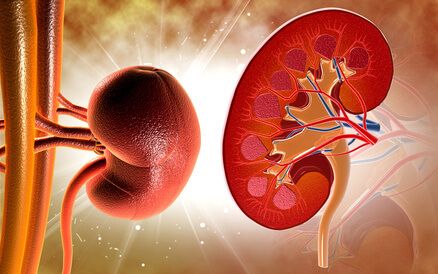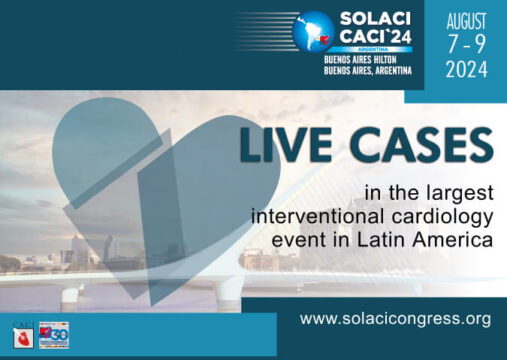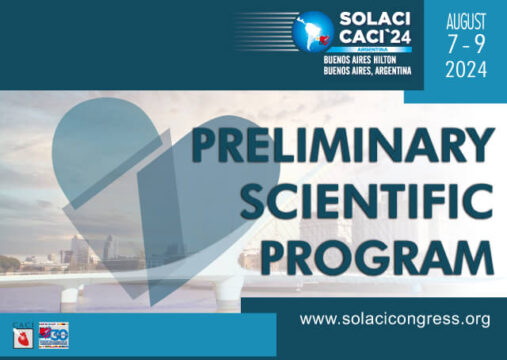Previous studies have shown that renal denervation in a 3-year period, reduced the blood pressure in resistant hypertensive patients in a sustained and meaningful way. The aim of this study was to evaluate this therapy in a larger number of patients with the control group receiving “sham” (renal angiography conscious sedation) procedure. Patients and the team responsible for the measurements of blood pressure and clinical data remained blinded to the treatment group for the 6 months of the study. It was a prospective, multicenter (88 centers in the United States) , randomized 2:1, blind and controlled on the safety and effectiveness of renal denervation with the Symplicity ablation catheter in patients with resistant hypertension. The primary efficacy endpoint was the reduction in systolic blood pressure at external consultation at 6 months, and the primary safety endpoint was death, renal failure, embolic events, renovascular complications, hypertensive crisis or stenosis of the renal artery >70 % at 6 months. The secondary endpoint was the change in systolic pressure measured by ambulatory monitoring 24h to 6 months.
535 patients in total were randomized, the variation in blood pressure to 6 months observed was -14.13 + / – 23.93 mmHg in the denervation group and -11.74 + / – 25.94 mmHg in the control group which makes a difference of 2.39 mmHg (p = 0.26 for superiority of denervation with a margin of 5 mmHg). 24h ambulatory monitoring of blood pressure also showed no significant as well as the safety endpoints.
Conclusion
Renal denervation is a safe procedure but was not able to reduce blood pressure significantly at 6 months in patients with resistant arterial hypertension.
Editorial comment
The SYMPLICITY HTN-3 is the largest and most rigorous study of renal denervation so far. The short follow-up period (only 6 months) and the learning curve of surgeons are limitations of the study and may have played a role in the results. The lack of biological confirmation that the denervation was effective, (in fact, there is no validated method to do it) is a problem because once procedure ends is not possible to know if the quantity and quality of applications were sufficiently complete.
It is also important that in the control group a significant reduction in blood pressure was observed with respect to baseline that can be explained both by better management of medication and the placebo effect of masking procedure. Added to this, the reduction of pressure in the denervation group was lower than that reported in earlier studies where reductions over 30 mmHg were observed.
Deepak L. Bhatt
2014-03-29
Original title: Renal Denervation in Patients with Uncontrolled Hypertension (SYMPLICITY HTN-3). Presenter: Deepak L Bhatt, MD, MPH.





